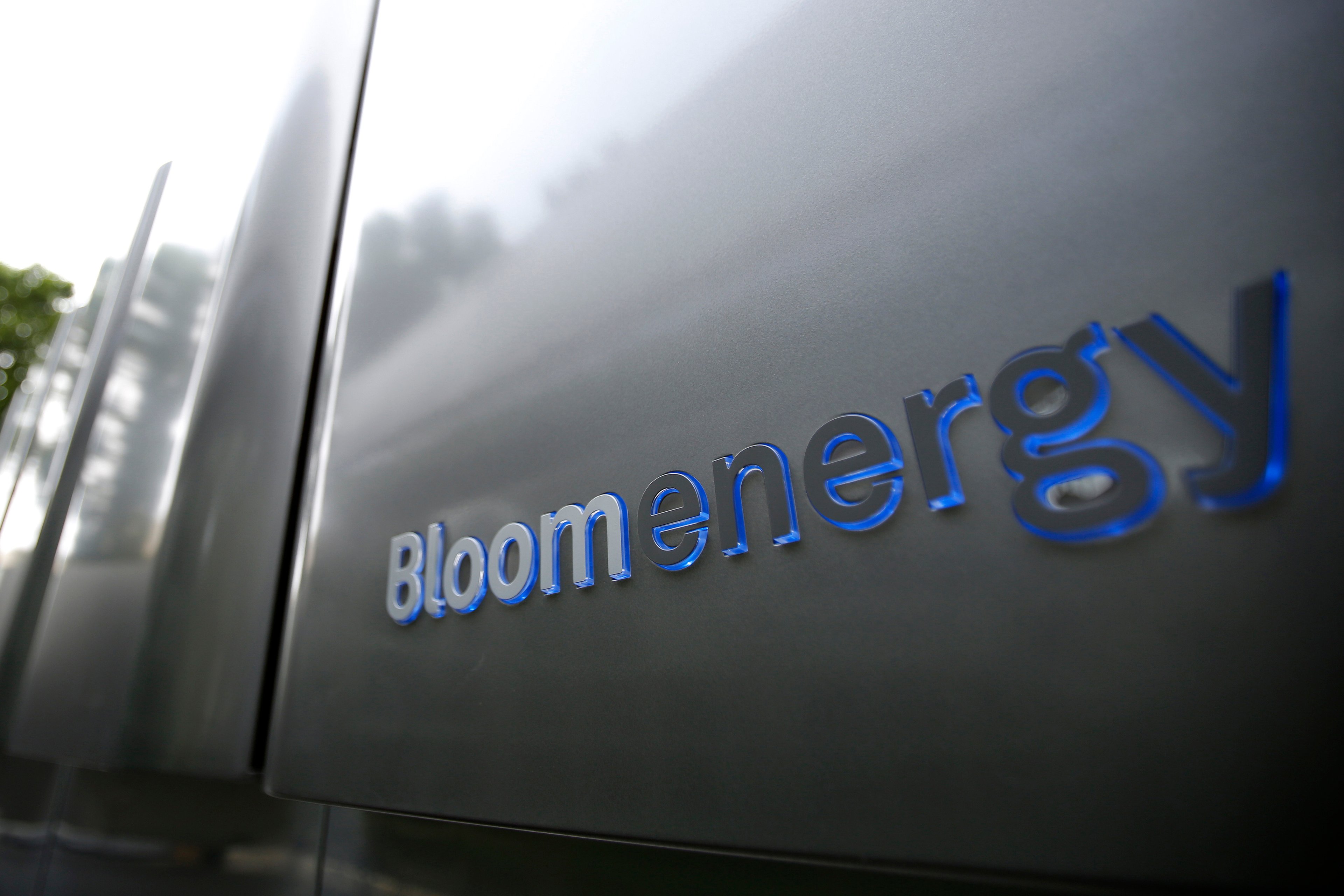The solar manufacturing industry has been through a difficult journey as rapidly falling costs have made it difficult for companies to make any return on their investments in operations. Adding insult to injury, improving technology and an oversupplied industry mean the pressure on panel prices will continue for the foreseeable future.
What could be an encouraging trend for some manufacturers, however, is that efficiency is starting to emerge as a differentiator that customers are willing to pay for. Residential and commercial customers are finding it cost effective to spend more money on higher efficiency solar panels. The trend will help the bottom line of companies selling the products customers want.

Image source: SunPower.
Efficiency as a differentiator
To put this trend in context, solar panel prices dropped about 25% in the third quarter to $0.41 per watt according to analysis at PV Magazine. But that's for commodity, multi-crystalline solar panels that are 15% to 16% efficient.
The trends are a little different for higher efficiency panels. The same analysis shows that mono PERC panels, which Canadian Solar (CSIQ +1.80%) and JinkoSolar (JKS +0.63%) datasheets show are 17.1% to 18.3% efficient, are undersupplied and being sold for $0.49 per watt.
Based on Canadian Solar's datasheets, a 260 watt traditional solar panel selling for $0.41 per watt would sell for $106.60. The same size panel in a high efficiency design is 300 watts and and would sell for $147.00, a 38% increase. Even if higher efficiency is more costly to produce, it could generate significantly higher margins if the cost differential continues.
How this impacts manufacturers in the future
Based on this data, the market is putting a premium on higher efficiency solar panels, and that should help companies leading the way in efficiency. And we're starting to see just that.
SunPower's (SPWR +0.00%) residential segment, which includes the X-Series solar panels which averages 22.2% efficiency according the datasheets, generated a 20.6% gross margin in the third quarter, which would be among the highest margins in the industry. And since April the efficiency at the X-Series manufacturing plant has risen 0.8% to 24.7% on the cell level, so the product is continuously improving.
This high efficiency strategy hasn't gone unnoticed. Tesla's (TSLA 0.15%) new manufacturing line in Buffalo, New York is supposed to be producing solar panels that'll exceed 20% efficiency as well. There aren't datasheets available yet and production isn't expected until at least mid-2017, but if it can produce a high efficiency panel it'll generate more value from every system installed.
We'll also likely see major manufacturers trend their production toward higher efficiency panels, even if the efficiency gain is just a point or two. The additional revenue is worth it, even if costs per watt are slightly higher.
Keeping up with the Joneses
The reality is that manufacturers are going to have to increase efficiency to keep up with competitors. Cost cutting alone simply won't cut it anymore. The market is starting to put a premium on efficiency, particularly in the residential solar market, and that trend won't stop. If manufacturers can't keep up they'll be left in the dust, especially in the highly competitive upcoming year in the solar industry.








